Nestle is under the scanner after a recent report revealed that its baby foods sold in Asia, Africa and Latin America had added sugars but not those found in Europe. The Swiss food giant has been accused of ‘hypocrisy’. But why is additional sugar harmful?
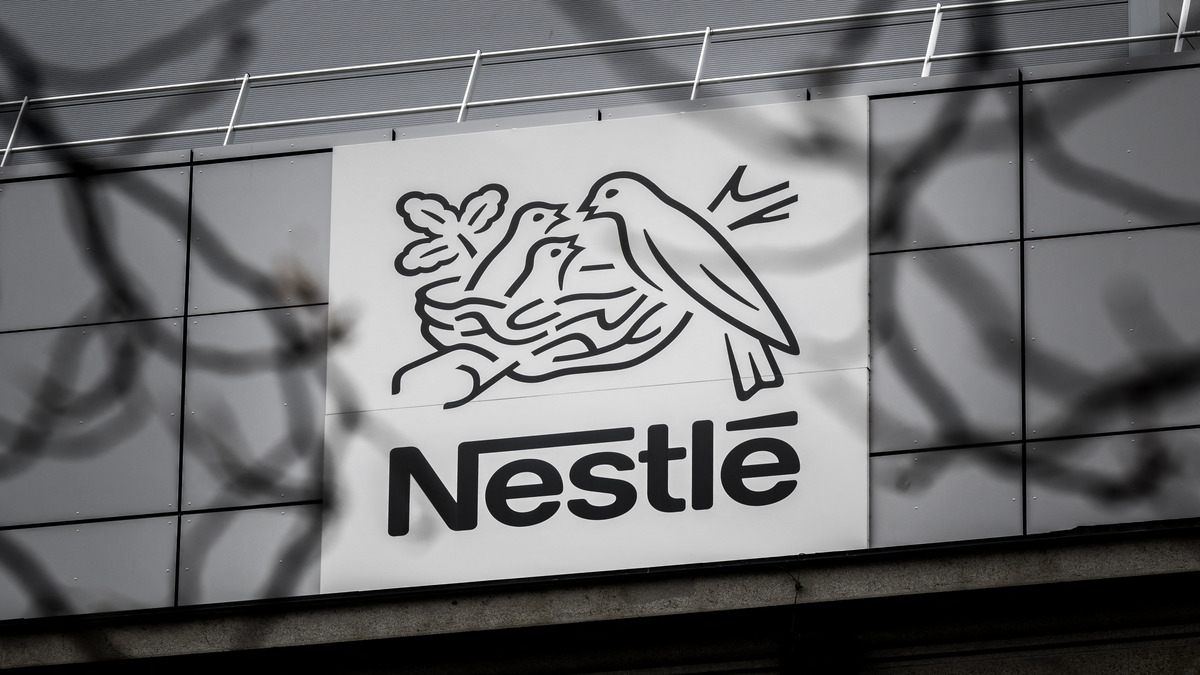)
Nestle has been accused of 'hypocrisy' for selling baby products with added sugars in lower-income countries. AFP File Photo
Nestle is facing flak after a recent report revealed that its baby foods sold in Asia, Africa and Latin America had added sugars. However, this was not the case in the products found in Europe. The report has generated uproar on social media, with users slamming the Swiss food giant for “double standards”.
Now, the Indian government has also taken cognisance of the matter. Union Consumer Affairs Ministry has asked the Food Safety and Standards Authority of India (FSSAI) to “initiate appropriate action” against Nestle, according to an Indian Express report.
We will explain what the controversy is about and why added sugars are harmful.
Nestle comes under scanner
Nestle’s various baby products in developing countries were found to contain added sugars.
“Nestlé’s leading baby-food brands, promoted in low- and middle-income countries as healthy and key to supporting young children’s development, contain high levels of added sugar. In Switzerland, where Nestle is headquartered, such products are sold with no added sugar,” the report said, as per Indian Express.
Titled ‘How Nestle gets children hooked on sugar in lower-income countries’, the report was released by the Swiss NGO Public Eye and the International Baby Food Action Network (IBFAN).
Around 150 baby products manufactured by Nestle and sold in different countries were tested in a Belgian laboratory, The Hindu reported citing IBFAN.
It was found that 15 Cerelac products for six-month-old babies contained 2.7 grams of added sugar per serving in India. Notably, no added sugars were present in these items sold in the United Kingdom and Germany.
Similarly, Cerelac, which is the world’s biggest baby cereal brand, had added sugars of 5 grams per serving in Ethiopia and 6 grams in Thailand.
Public Eye said that the findings indicate Nestle’s “hypocrisy and the deceptive marketing strategies deployed by the Swiss food giant”.
“For example, in Switzerland, Nestlé promotes its biscuit-flavoured cereals for babies aged from six months with the claim ‘no added sugar’, while in Senegal and South Africa, Cerelac cereals with the same flavour contain 6 grams of added sugar per serving,” Indian Express cited the report as saying.
Nestle India reacts
A Nestle India spokesperson told Indian Express that the company has “reduced added sugars by up to 30 per cent, depending on the variant, in our infant cereals portfolio (milk cereal based complementary food)” in the last five years.
According to the spokesperson, Nestle does not “compromise and will never compromise on the nutritional quality of our products”.
Nestle sold more than Rs 20,000 crore worth of Cerelac products in India in 2022, reported The Hindu.
India calls for action against Nestle
The Union Consumer Affairs Ministry sent a letter to the FSSAI CEO G Kamala Vardhana Rao on 18 April flagging the report by Public Eye.
Consumer Affairs Secretary Nidhi Khare wrote in the letter that “high sugar in baby products raises serious concerns about the potential implications for the health and safety of children in our country. The health and well-being of our citizens, especially infants and young children, is of paramount importance, and any deviation from safety standards could lead to serious health concerns”, reported Indian Express.
Khare further asked FSSAI to “initiate an appropriate action into the practices of Nestle Company regarding the composition of Nestle Cerelac baby cereals sold in India.”
What are added sugars?
According to the United States Centers for Disease Control and Prevention (CDC), added sugars are “sugars and syrups that are added to foods or beverages when they are processed or prepared”.
Some food items like fruit or milk have naturally occurring sugars. Added sugars are different from these natural sugars.
Added sugars include “brown sugar, corn sweetener, corn syrup, dextrose, fructose, glucose, high-fructose corn syrup, honey, lactose, malt syrup, maltose, molasses, raw sugar, and sucrose,” as per the CDC.
Why is added sugar bad?
Sugar is mostly not suggested for infants. Babies need calories and nutrients in their first two years to properly grow and develop.
Foods and beverages that have added sugars give a lot of calories, called “empty calories”, but not nutrients, as per The Conversation piece.
“Children who are fed diets high in added sugars are more likely than children with lower sugar intakes to have a number of negative health consequences as they develop, including childhood obesity, cardiovascular disease and tooth decay,” the article mentioned.
In 2020, the United States government in its dietary guidelines for infants and toddlers recommended no added sugars for children under the age of two.
The World Health Organisation (WHO) suggested in 2015 that “adults and children reduce their daily intake of free sugars to less than 10 per cent of their total energy intake.” It also warned that including added sugar in baby foods can lead to addictive eating habits and a liking for sweet tastes from an early age.
Rodrigo Vianna, epidemiologist and Professor at the Department of Nutrition of the Federal University of Paraíba in Brazil, told Public Eye: “Sugar should not be added to foods offered to babies and young children because it is unnecessary and highly addictive. Children get used to the sweet taste and start looking for more sugary foods, starting a negative cycle that increases the risk of nutrition-based disorders in adult life.”
According to Arun Gupta from the Breastfeeding Promotion Network of India (BPNI), kids below two years of age should not be given added sugars or salt in their food. “This predisposes them to non-communicable diseases, the burden of which is growing in India. Our own government surveys have warned of the growing obesity volume among children. All regulatory organisations in India have advised against adding sugar and salt to processed baby foods in India,” he was quoted as saying by The Hindu.
With inputs from agencies

 5 months ago
16
5 months ago
16

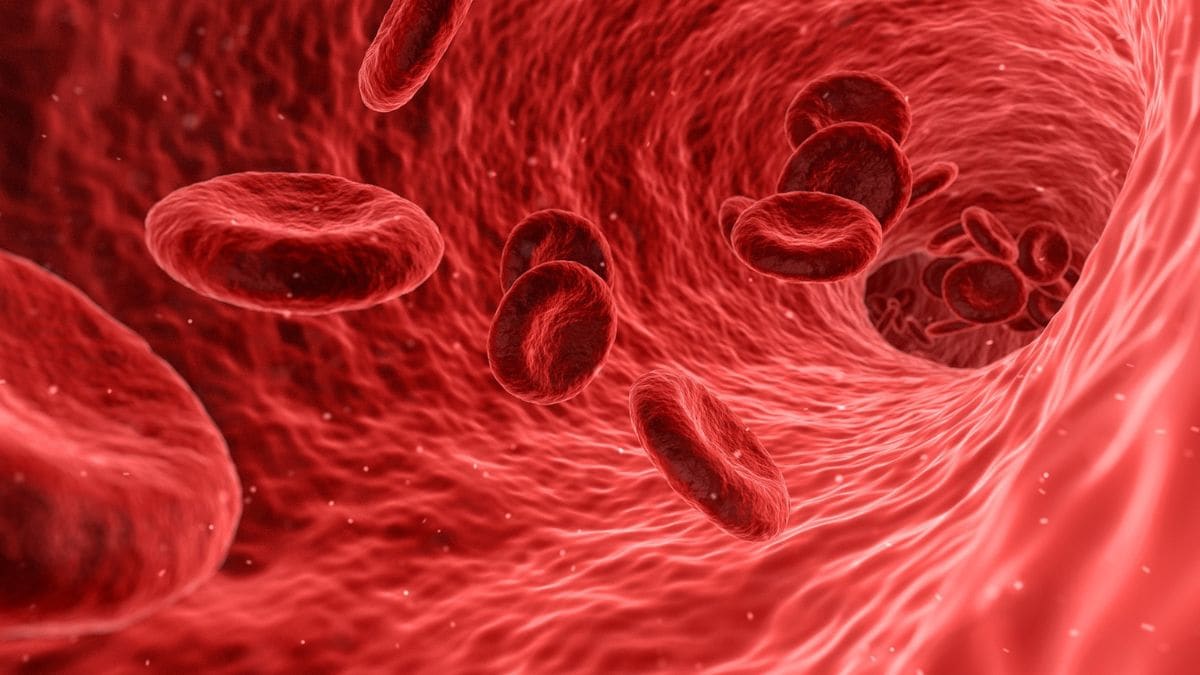

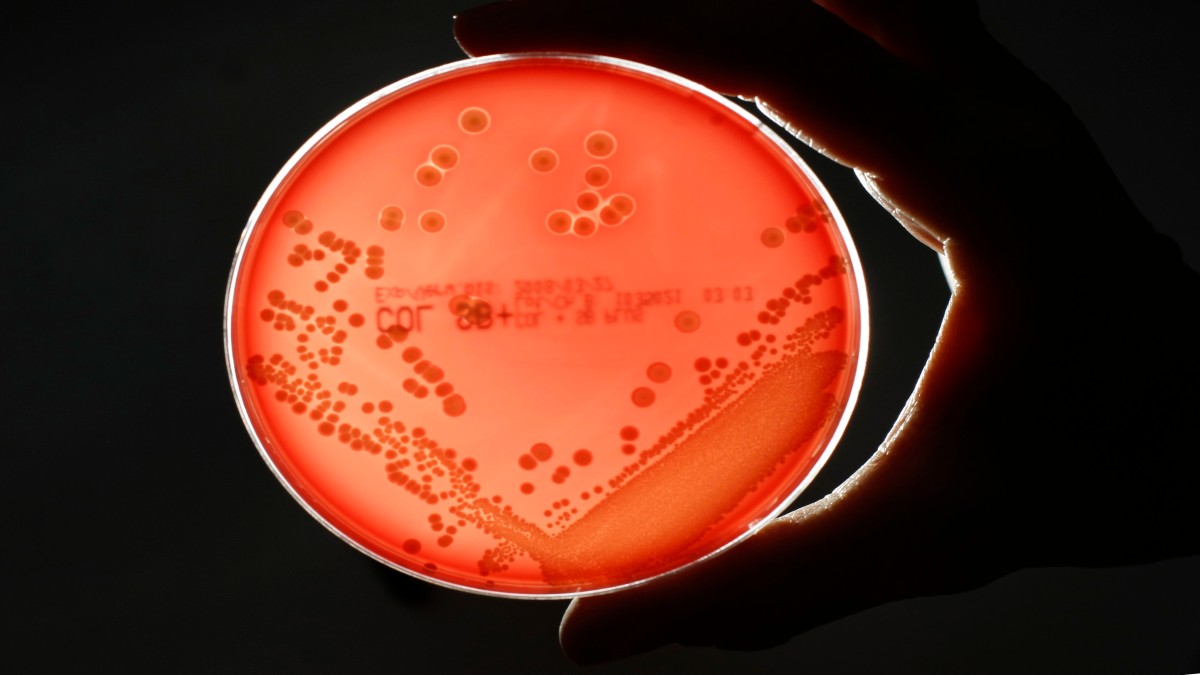
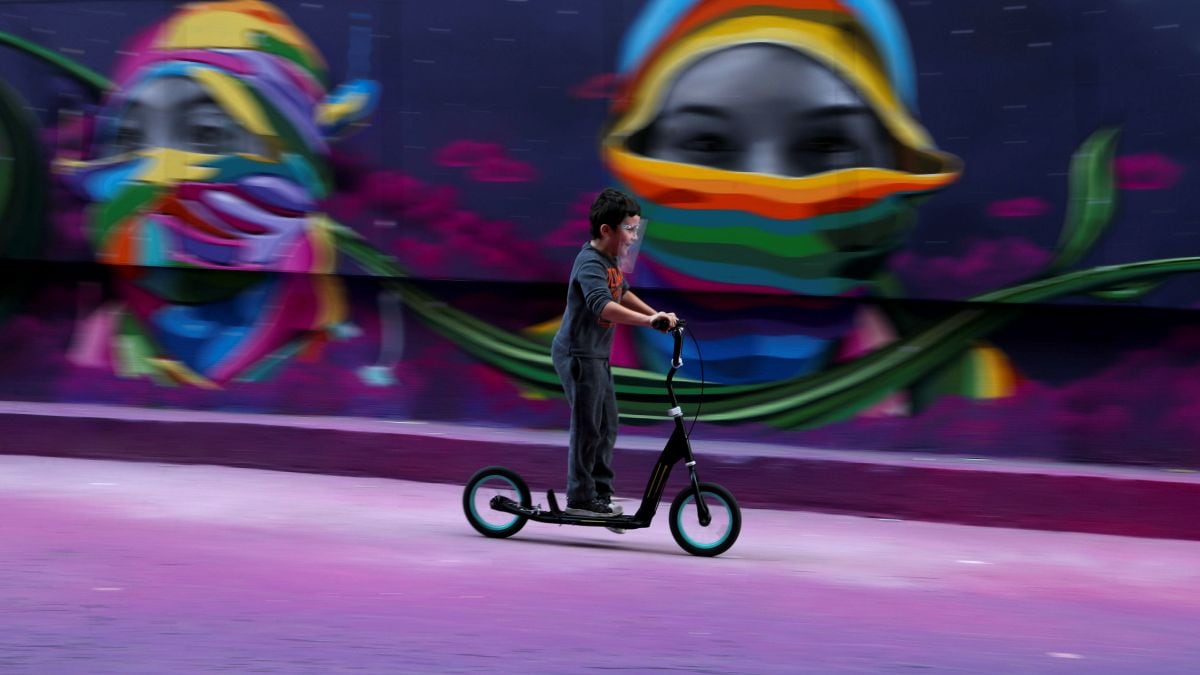


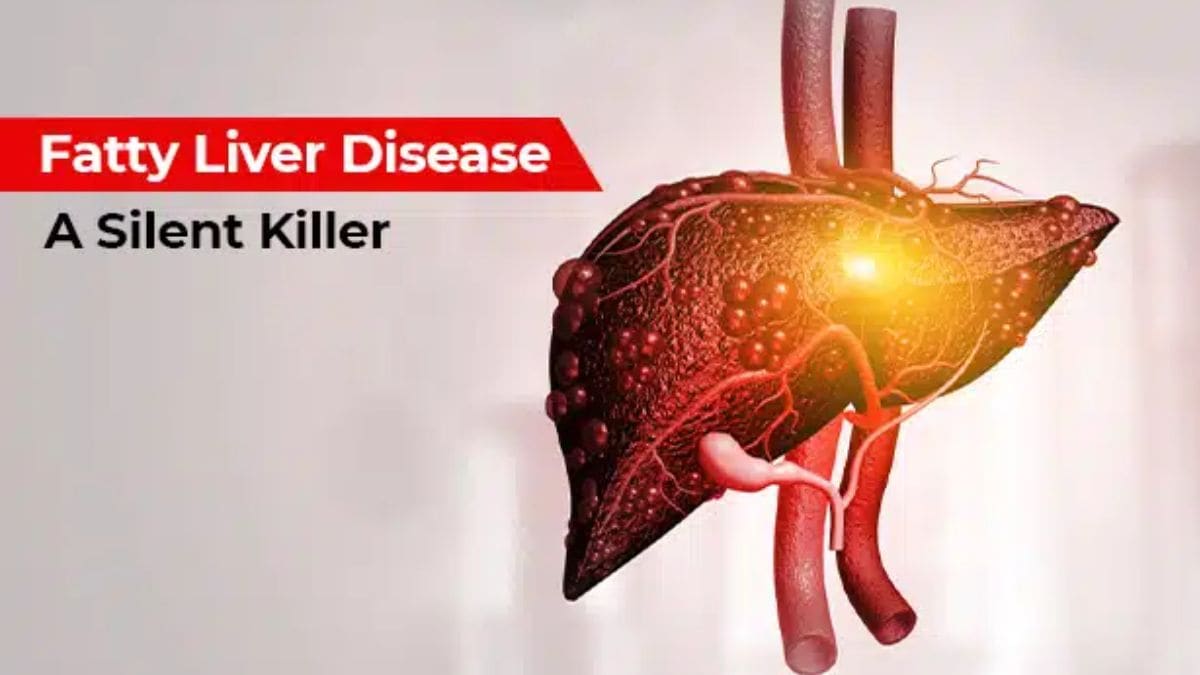
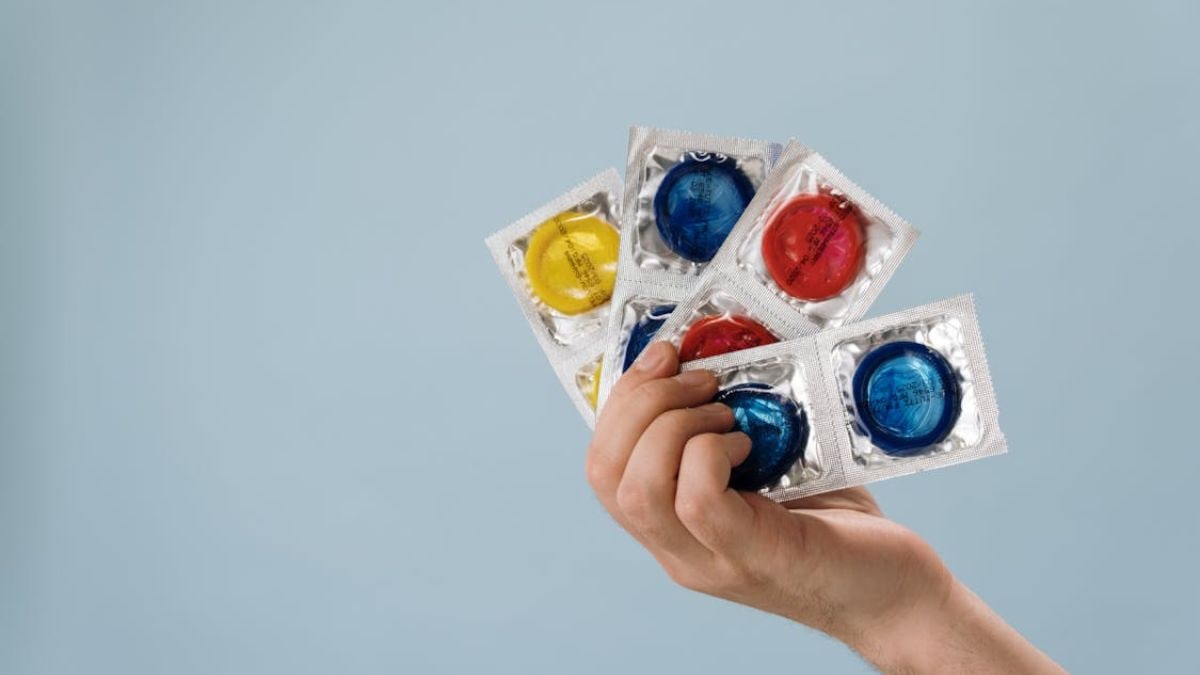
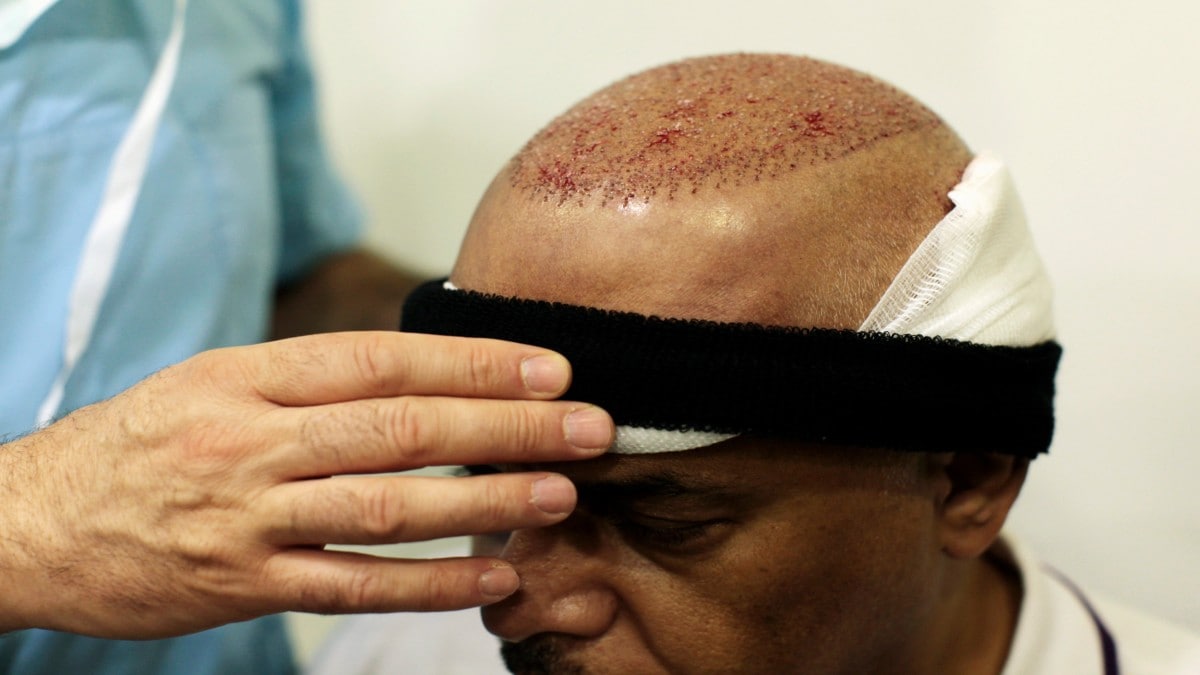


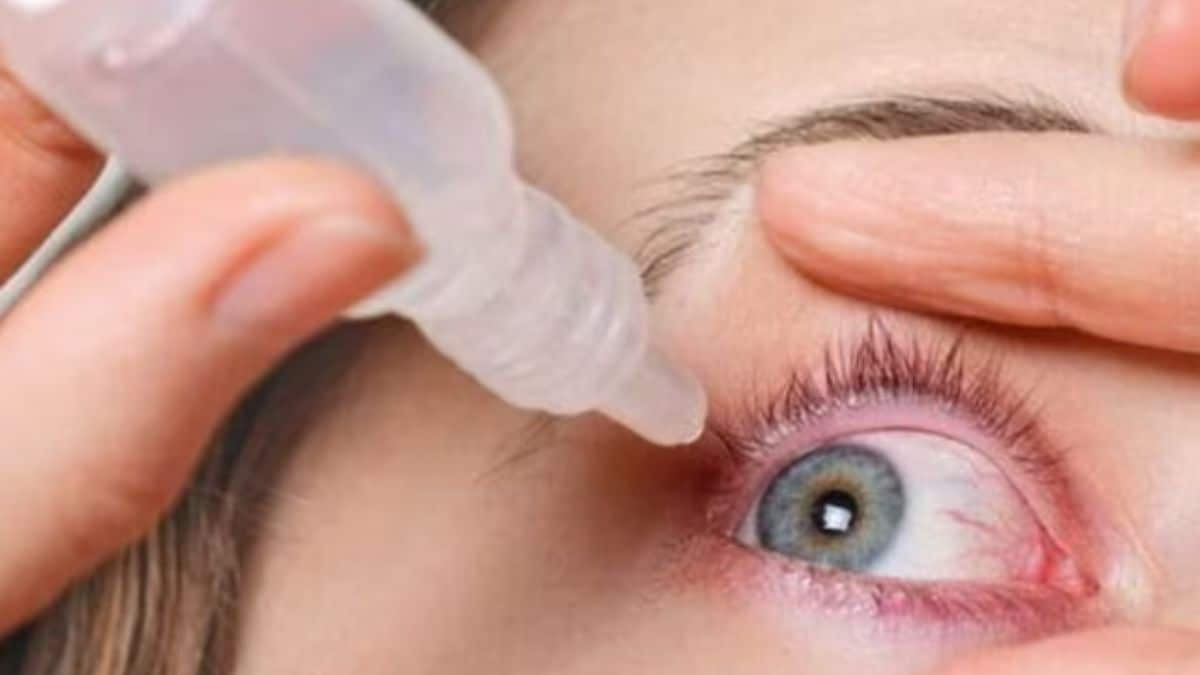



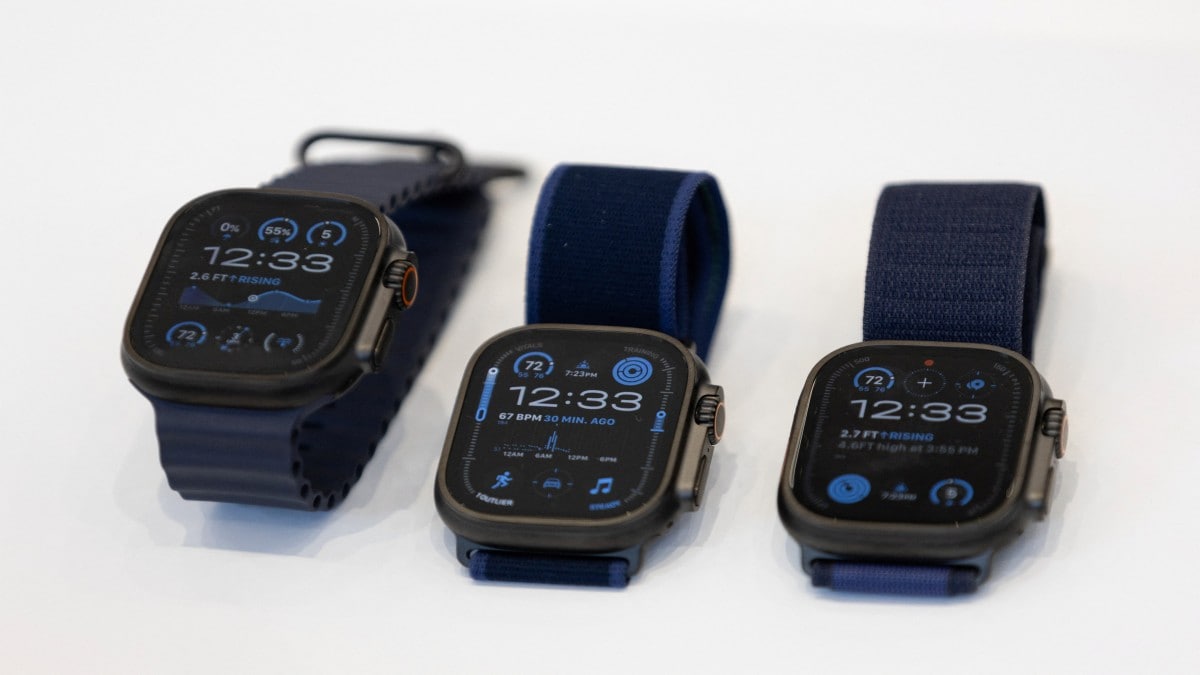

)
)
)
)
)
)
)
 English (US) ·
English (US) ·